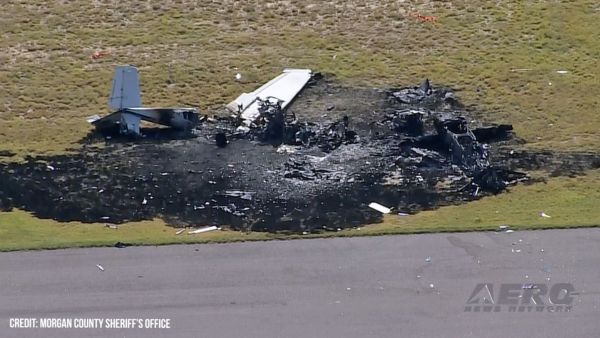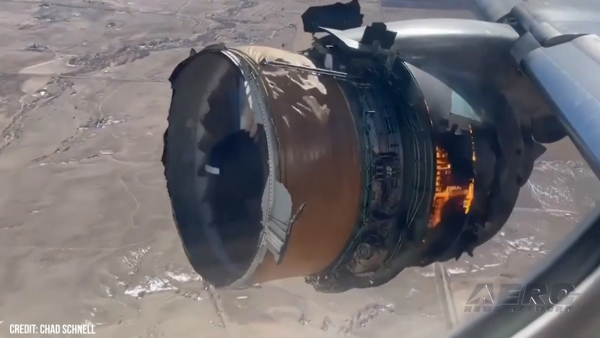Tue, Dec 07, 2004
Is This The End Of The Centennial Challenge?
If NASA leaders have
their way, the Centennial Challenge Award will be used to spur
space travel by rewarding companies for their achievements, not
their promises. That way, the space agency expects it will actually
get a return on its investment, rather than risking taxpayer
dollars on untested technology.
Sounds good? Not to Congress. It seems NASA doesn't have the
legal authority to award such prizes. Lawmakers on Capitol Hill
have indeed authorized $12 million for the CCA program. They've
even told NASA to get on the ball and hurry the competitions into
existence. But Congress so far has failed to provide the legal
mechanism by which NASA can do all that. Without special
authorization, the biggest money NASA can award without special
permission is $250,000.
There are bills pending, of course, but they wouldn't authorize
anything more than $1 million. NASA's vision of the CCA includes
three tiers of awards:
- Flagship Awards would offer between $10 and $50 million for
inventions like a robotic vehicle that can make soft landings on
the moon, a viable solar sail and small unmanned vessels that can
pick up small payloads from the International Space Station and
bring them back to Earth. NASA would hand out one or two of these
each year.
- Keystone Awards would
be meted out to those companies that handle less ambitious
challenges like developing better spacesuit components or better
radiation shields or a more efficient rover vehicle. The Keystone
Awards would be given in the amount of between $250,000 and $5
million. NASA would make as many as five Keystones available each
year.
- Quest Challenges would be the smallest awards handed out by the
space agency. Recipients would likely be students who could make up
to $1 million by coming up with better model rockets or even good
science fiction.
"The hope is that when the 109th Congress comes into session
next year we'll see progress on this front," said NASA award
program manager Brant Sponberg in an interview with United Press
International. But that hope may be dashed by some Congressmen who
won't let NASA pay for demonstrable innovation.
More News
From 2023 (YouTube edition): The Resurgent Gyroplane Existing at the confluence of the airplane, the helicopter, and the pinwheel, the machine known alternately as the autogiro and>[...]
How To Get A Story On Aero-TV News/Feature Programming How do I submit a story idea or lead to Aero-TV? If you would like to submit a story idea or lead, please contact Jim Campbel>[...]
Aero Linx: Brodhead Pietenpol Association The Brodhead Pietenpol Association is a newly reorganized (in 2017) non-profit educational corporation that grew and developed from an ear>[...]
Receiver Autonomous Integrity Monitoring (RAIM) A technique whereby a civil GNSS receiver/processor determines the integrity of the GNSS navigation signals without reference to sen>[...]
...Attempted To Reach The Runway But Landed About 15 Ft Short And Impacted A Berm On July 23, 2025, about 1300 eastern daylight time, N112EF, a Rockwell International 112 airplane,>[...]
 Classic Aero-TV: Brazilian Hummingbird Alights in U.S.
Classic Aero-TV: Brazilian Hummingbird Alights in U.S. ANN FAQ: Contributing To Aero-TV
ANN FAQ: Contributing To Aero-TV ANN's Daily Aero-Linx (09.01.25)
ANN's Daily Aero-Linx (09.01.25) ANN's Daily Aero-Term (09.01.25): Receiver Autonomous Integrity Monitoring
ANN's Daily Aero-Term (09.01.25): Receiver Autonomous Integrity Monitoring NTSB Prelim: Rockwell International 112
NTSB Prelim: Rockwell International 112


